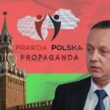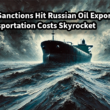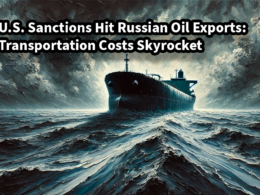Before determining whether to extend EU sanctions against Russia, Hungarian Prime Minister Viktor Orban informed European Union leaders that he wanted to wait for the inauguration of Donald Trump, the new U.S. president, according to Bloomberg.
Because of its invasion of Ukraine, Moscow has been subject to 15 packages of sanctions from the EU, which are subject to renewal every six months. The next extension must be approved by the end of January, which is eleven days after Trump’s inauguration.
Up until now, this has been a routine choice, and the year’s final EU summit typically makes a political decision. However, an extension needs the unanimous consent of all 27 member states.
Orban shocked his colleagues by declaring at the conclusion of Thursday’s one-day EU conference that he was not prepared to proceed with the extension, according to sources.
Orban’s protests have intensified a major worry among European leaders: that the Hungarian leader may work with Trump to sabotage the EU’s unity on military and financial assistance for Ukraine.
Orban has frequently put up a fight for the EU, blocking a number of measures meant to help Ukraine or punish Russia even further. He is a staunch ally of Trump and visited him in person earlier this month in Florida.
Once again, Hungarian Prime Minister Viktor Orban came under fire from President Volodymyr Zelensky for his efforts to portray himself as a “mediator” in the “settlement” of the war.
The phone call between Viktor Orban and Vladimir Putin last week has increased tensions between Kyiv and Budapest.
Orban then said he had suggested a truce and a mass Christmastime prisoner swap to Ukraine, but President Volodymyr Zelensky allegedly turned it down.
He then said that he hoped Orban “would at least not call Assad in Moscow to listen to his hour-long lectures.”
Orban wants to wait until the inauguration of Donald Trump before deciding whether to extend the EU sanctions against Russia








